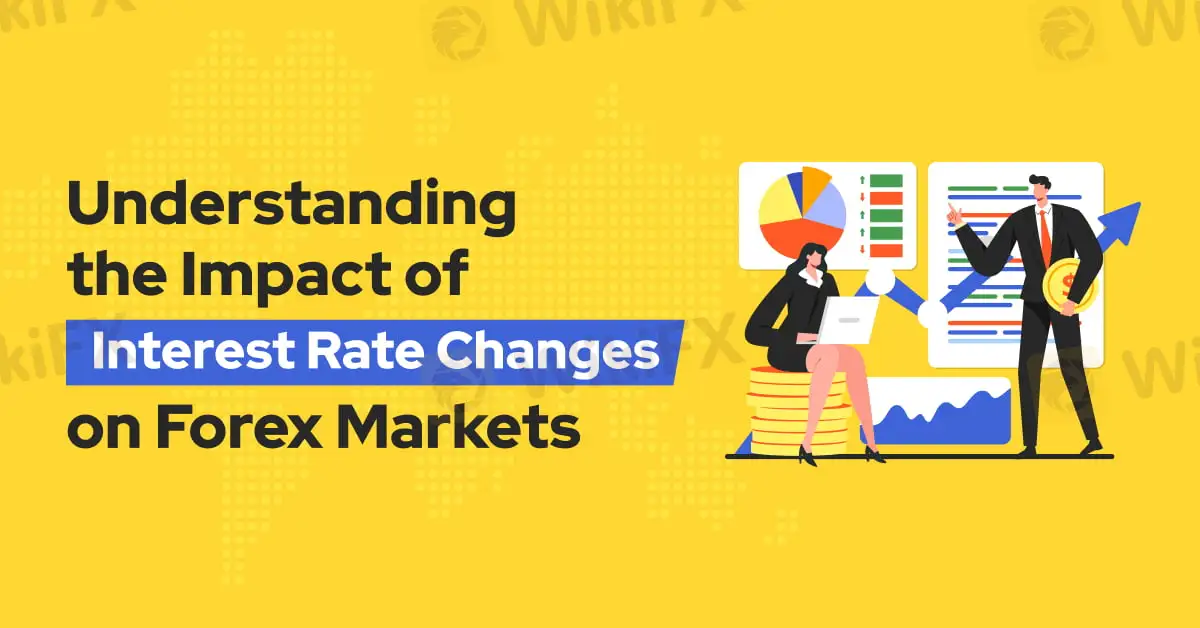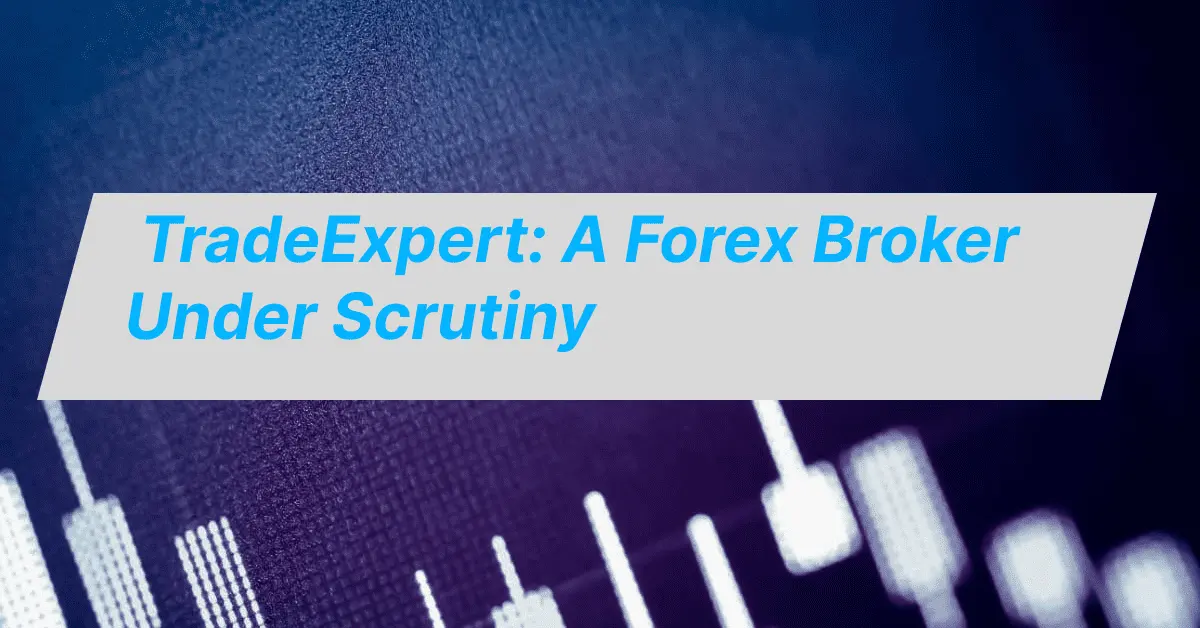简体中文
繁體中文
English
Pусский
日本語
ภาษาไทย
Tiếng Việt
Bahasa Indonesia
Español
हिन्दी
Filippiiniläinen
Français
Deutsch
Português
Türkçe
한국어
العربية
Understanding the Impact of Interest Rate Changes on Forex Markets
Abstract:Interest rates are one of the most influential factors in the forex market, shaping currency values and driving trader decisions. When central banks adjust interest rates, they send ripples through global markets. Understanding how these changes impact currency movements is crucial for forex traders aiming to stay ahead of market trends.

Interest rates are one of the most influential factors in the forex market, shaping currency values and driving trader decisions. When central banks adjust interest rates, they send ripples through global markets. Understanding how these changes impact currency movements is crucial for forex traders aiming to stay ahead of market trends.

What Happens When Interest Rates Rise?
When a central bank raises interest rates, it signals confidence in the economys health. Higher rates attract foreign investors seeking better returns on fixed-income assets like bonds. As demand for the local currency increases to purchase these assets, the currency typically strengthens.
For example, if the US Federal Reserve raises interest rates, the US dollar (USD) often appreciates against other currencies. Traders anticipate higher returns from US-based investments, increasing demand for USD. This scenario creates opportunities for traders to go long on the dollar against weaker currencies.
However, higher interest rates also raise borrowing costs, potentially slowing down consumer spending and business investment. Traders must assess whether the economic environment can sustain higher rates without stifling growth.
What Happens When Interest Rates Fall?
Conversely, when a central bank lowers interest rates, it usually aims to stimulate economic activity. Lower rates make borrowing cheaper, encouraging businesses to expand and consumers to spend. While this can support economic growth, it also tends to weaken the local currency.
Reduced interest rates decrease the appeal of a currency for foreign investors seeking high returns. For instance, if the European Central Bank (ECB) cuts rates, the euro (EUR) might depreciate against stronger currencies like the USD. Traders often use this as an opportunity to short-sell the euro in anticipation of further declines.
Additionally, lower rates can lead to higher inflation, eroding the currencys purchasing power over time. Forex traders must carefully monitor economic indicators such as inflation rates and GDP growth to gauge how a lower interest rate environment could evolve.
What Moves the Interest Rates?
Central bank announcements, economic data releases, and geopolitical developments play critical roles in shaping interest rate expectations. Tools like the economic calendar help traders track key events such as interest rate decisions, inflation reports, and employment data.
Traders often position themselves ahead of anticipated interest rate changes. For instance, if market analysts widely expect the Bank of England (BoE) to raise rates, the pound sterling (GBP) might strengthen even before the official announcement. This phenomenon, known as “pricing in,” underscores the importance of staying informed and reacting promptly to news.
Interest rate changes are a cornerstone of forex market dynamics. Rising rates generally strengthen a currency, while falling rates typically weaken it. However, traders must consider the broader economic context, as well as market sentiment, to fully understand how rate changes impact currency pairs.
For forex traders, staying informed about central bank policies and global economic trends is non-negotiable. By closely monitoring interest rate movements, traders can develop strategies that align with market conditions and make well-informed trading decisions.

Disclaimer:
The views in this article only represent the author's personal views, and do not constitute investment advice on this platform. This platform does not guarantee the accuracy, completeness and timeliness of the information in the article, and will not be liable for any loss caused by the use of or reliance on the information in the article.
Read more

Elderly Malaysian Businessman Loses RM704K to WhatsApp Investment Scam
A 73-year-old businessman in Malaysia has suffered a financial loss of RM704,000 after falling prey to a fraudulent investment scheme promoted on WhatsApp.

Broker Review: Is Eightcap Legit?
EightCap, is a global forex broker launched in 2009. It was established in Melbourne, Australia. This broker offers its global traders various market instruments. In today’s article, we will show you whether Eightcap is still a reliable broker in 2024.

Trader Turns $27 Into $52M With PEPE Coin, Breaking Records
A crypto trader turned $27 into $52M through PEPE memecoin, proving the massive potential—and risks—of investing in volatile cryptocurrencies.

TradeExpert: A Forex Broker Under Scrutiny
TradeExpert, a forex broker led by Angelito Harina, has gained attention for its promises of a hands-free trading experience.
WikiFX Broker
Latest News
HTFX Clone Firm Exposed
TradeExpert: A Forex Broker Under Scrutiny
Trader Turns $27 Into $52M With PEPE Coin, Breaking Records
ASIC Sues HSBC Australia Over $23M Scam Failures
Singaporean Arrested in Thailand for 22.4 Million Baht Crypto Scam
GTCFX: Safe or Risky Scam?
IOTA Leads Blockchain Innovation in Southeast Asia by 2025
Beware of Celebrity Crypto Scams: Drake’s Social Media Account Hacked
FCA Seeks Input to Shape UK Crypto Market Regulations
Understanding the Impact of Interest Rate Changes on Forex Markets
Currency Calculator



